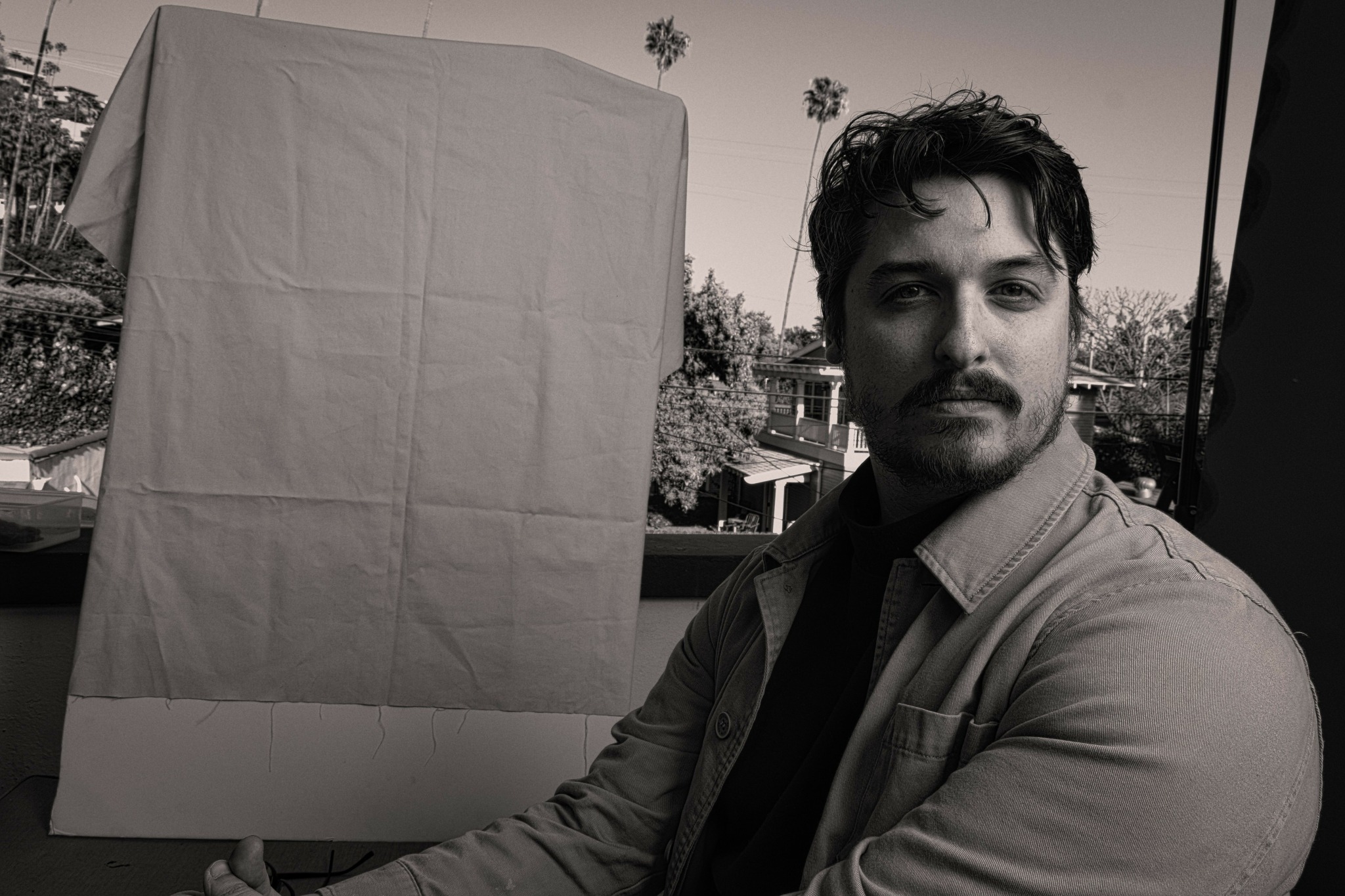We recently connected with RJ Maurer and have shared our conversation below.
Alright, RJ thanks for taking the time to share your stories and insights with us today. Can you talk to us about how you learned to do what you do?
I largely learned what I do through experience. I started shooting and making films when I was in middle school on from 8mm to hi8 tapes. Where I learned a large amount of technical proficiency and shooting is when I was in the Marine Corps as a Combat Cameraman. My passion for photography blossomed in that environment and I had a select few leaders who really supported me in growing my creativity.
Knowing how they helped me grow showed me the importance of having a mentor. I believe that mentorship is one of the most important relationships you can seek and obtain as a creative. I highly recommend others seek friendships and mentorships from peers and more accomplished creatives in your field. Some of those relationships are the strongest and I still talk to many of my past mentors to this day.
Oddly one of the most essential skills to being successful is not your skill or creativity, but those ARE essential, but your ability to network. I know it’s been said 100 times over but networking is the life blood of having a successful career in filmmaking. It’s especially hard because a lot of creatives are not extroverted by nature. But this art form is about expressing and sharing emotions and life experience. You need to be able to connect with people, not just for the business connections but the friendships you make will inform your art more.
The biggest obstacle that stood in my way of learning more has always been myself. Learning your flaws is the first part becoming a better person. The next part and the hardest is doing something about them. It’s hard. There is no way around it. But the quickest way out – is through. Face it head on and keep moving.
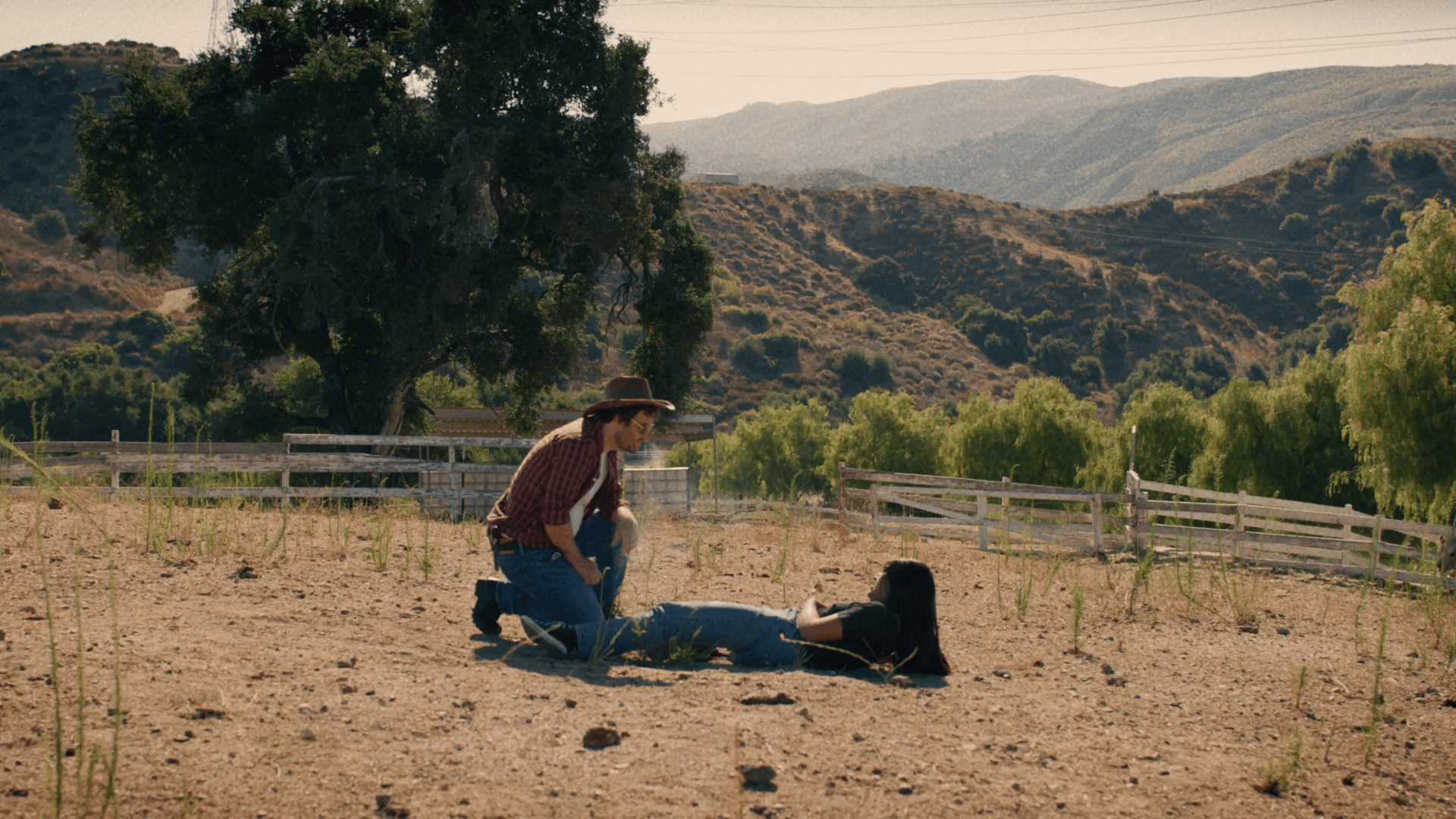
As always, we appreciate you sharing your insights and we’ve got a few more questions for you, but before we get to all of that can you take a minute to introduce yourself and give our readers some of your back background and context?
I specialize as a genre filmmaker. Thriller, Horror and Comedy tend to be genres I gravitate towards making. Though I have experience shooting on a number of other genres, when I am Directing I like to create within some type of sub-genre. I like it because you can get creative with world building and just do some crazy weird stuff. It’s always fun when you try something new or get weird with it.
I think my experiences in the Marines set me apart from a lot of other filmmakers because of the unique perspective I had during my enlistment. Even other Combat Cameraman had different experiences to my own. During a humanitarian operation after a natural disaster in South East Asia, I got to see some amazing things that really proved the strength and resilience of the human spirit. When people who had lost everything were still kind, welcoming and willing to share what little they had with each other. It’s hard to come back to the comfortable world we live in and look at things the same. In fact, you don’t, you don’t ever really look at things the same again. I’m really proud of the fact that I know my fellow Marines and I made a difference on those missions.
Aside from the previous mentioned accomplishments, I think I’m most proud of what my production company has accomplished in narrative films. Creating narrative shorts, features and pilots is not an easy task. It could mean spending years on one project. From shooting other projects, to developing my own, we have made award winning projects the entire crew can be proud of. When my actors or cinematographer are nominated/win awards that’s when I’m the most happy. I love watching my team win stuff, especially after I watched all the hard work they put in.

Is there something you think non-creatives will struggle to understand about your journey as a creative?
I think most non-creatives and people that don’t live in Los Angeles think that everyone here is a millionaire that works in film. When the reality is that most of us are really struggling. So what ends up happening is you get this very “anti-Hollywood” rhetoric. The problem with that is the industry is mostly middle class creatives trying to make a living. Sure there is the top 1% that are doing great, but most actors, directors, cinematographers, electricians and sound guys are just trying to pay bills doing the thing they love.
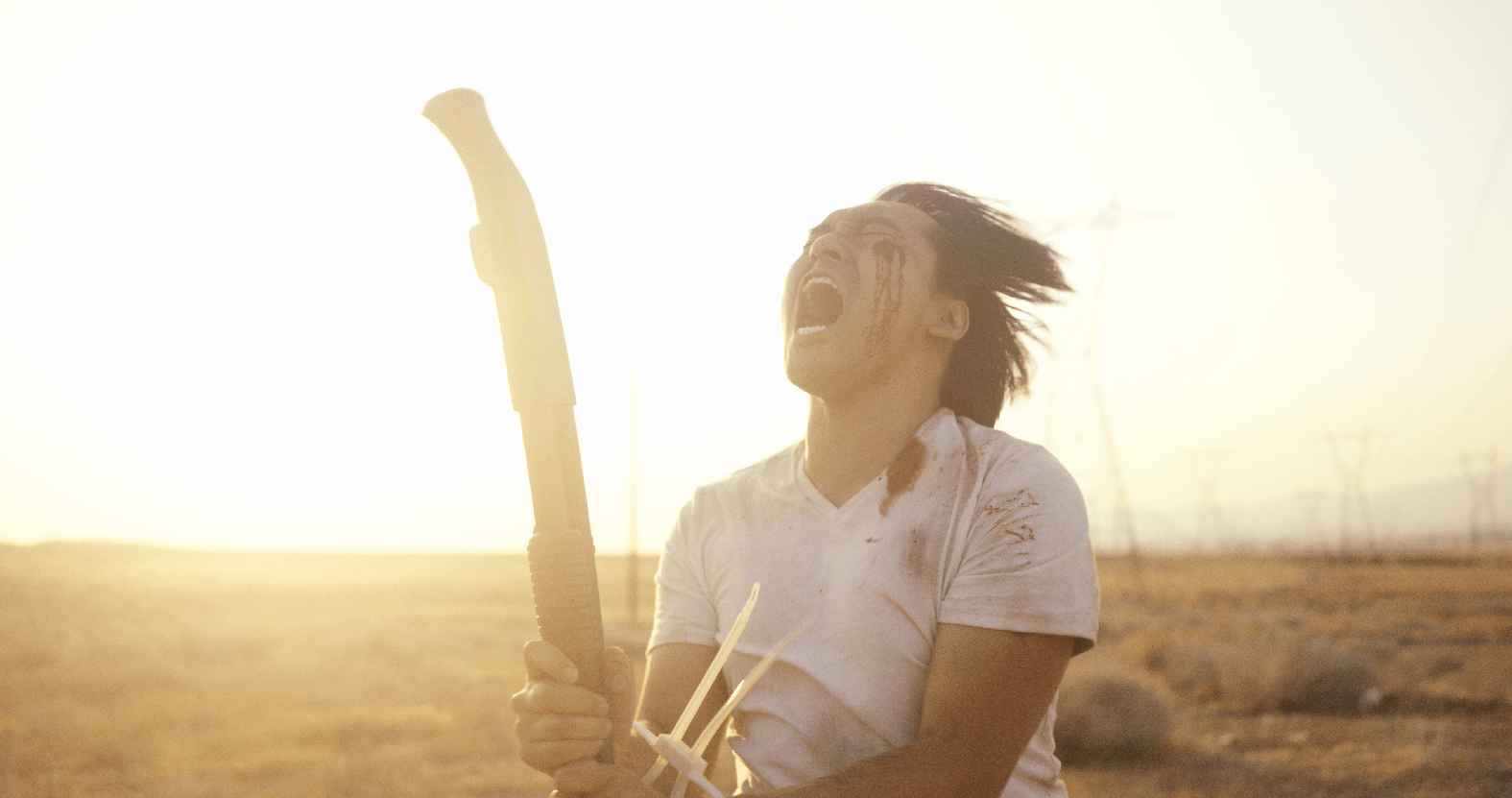
In your view, what can society to do to best support artists, creatives and a thriving creative ecosystem?
I encourage anyone out there to support independent film as much as you can. Go to film festivals, buy the films, stream the films, and engage with the filmmakers online. It makes a difference. Now I also think you should support studio films at the theater, but independent film is the best way to directly support the smaller artists trying to make it. You’d be surprised what something as simple as going to a film festival and supporting some of those smaller artists can do for their careers, I have seen direct and immediate results myself from film festival success.
The same goes for streaming films by those artists. I have had films that I thought were dead build second lives when they went to streaming because people watched the film – for free. Also check out the drive ins – they still exist and man they are still so awesome! I screened one of my feature films at a drive in and it is still one of my favorite screenings of a film I have had, the environment was amazing. It also looked great on that giant screen.
Contact Info:
- Website: https://www.rjmaurer.com
- Instagram: @r.j.maurer
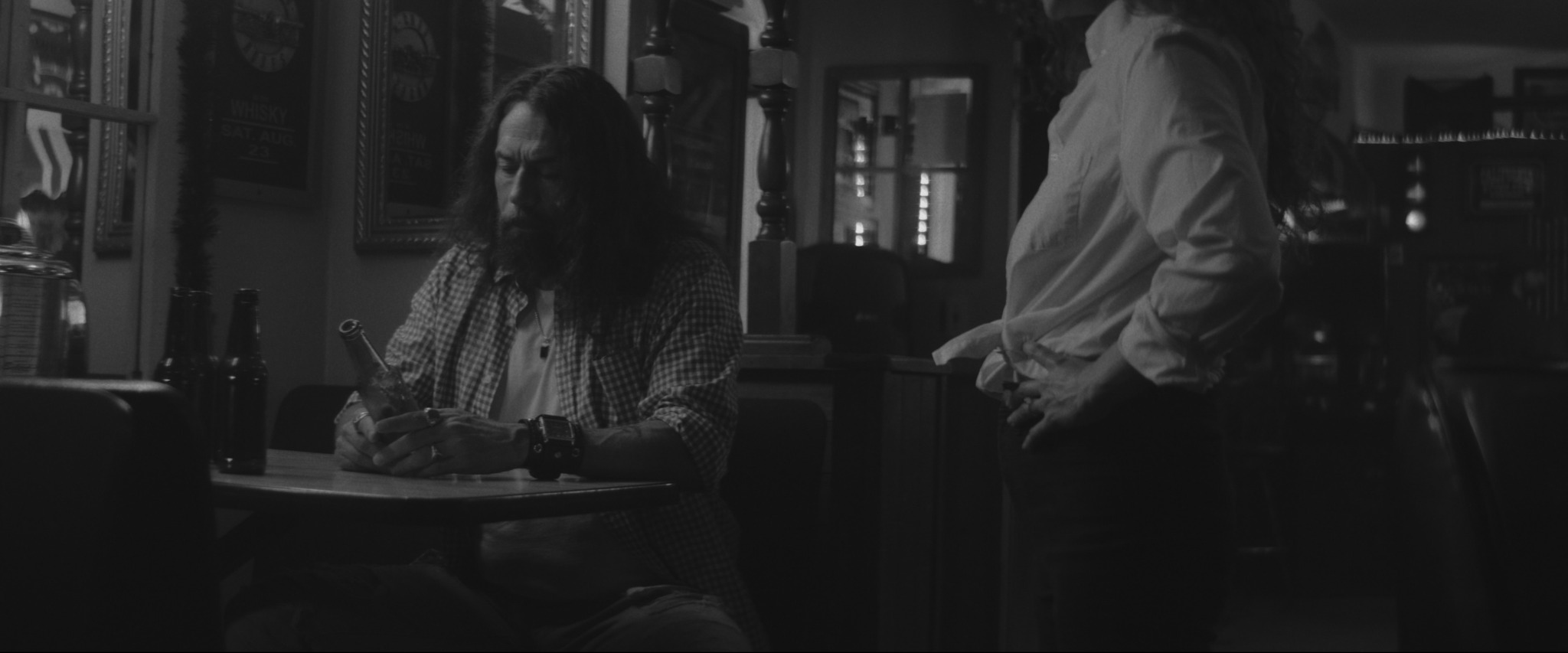
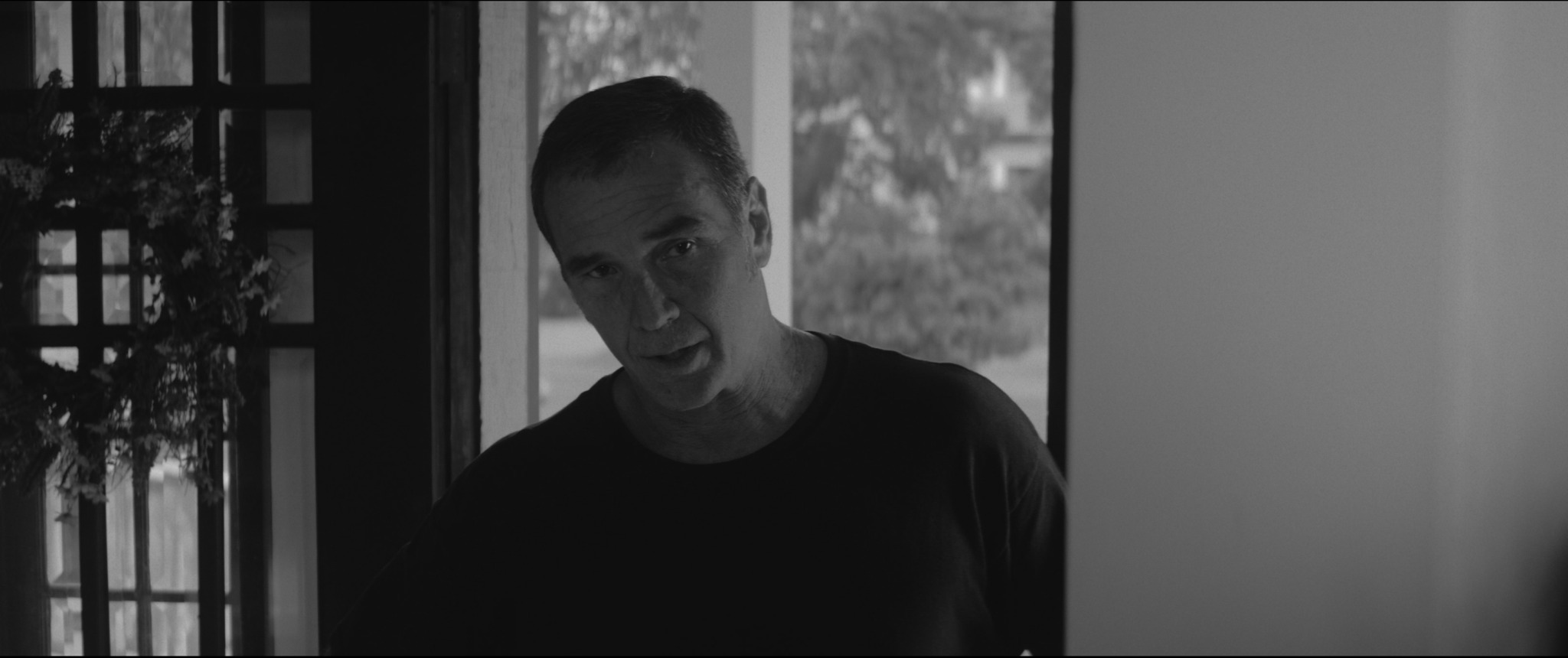
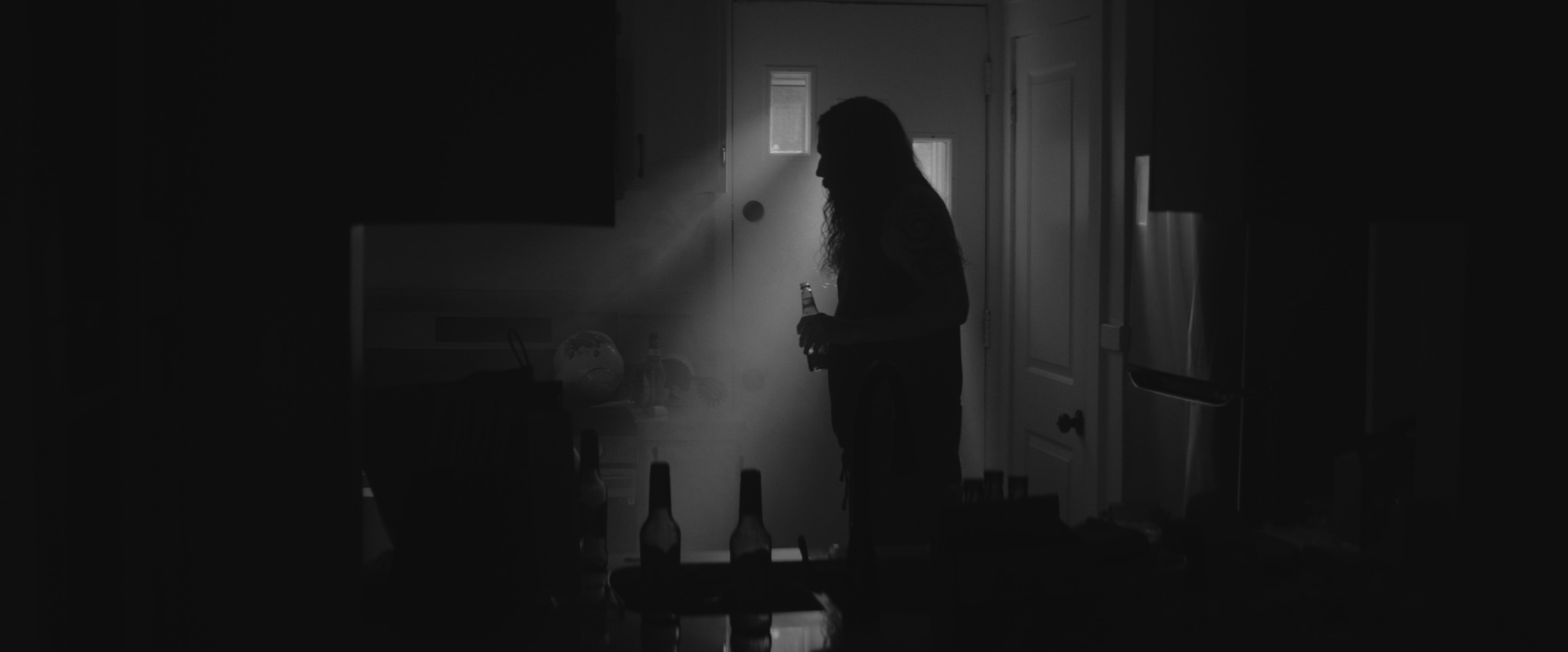
Image Credits
Headshots taken by Radomir Jordanovic
Film stills taken from films directed by RJ Maurer


